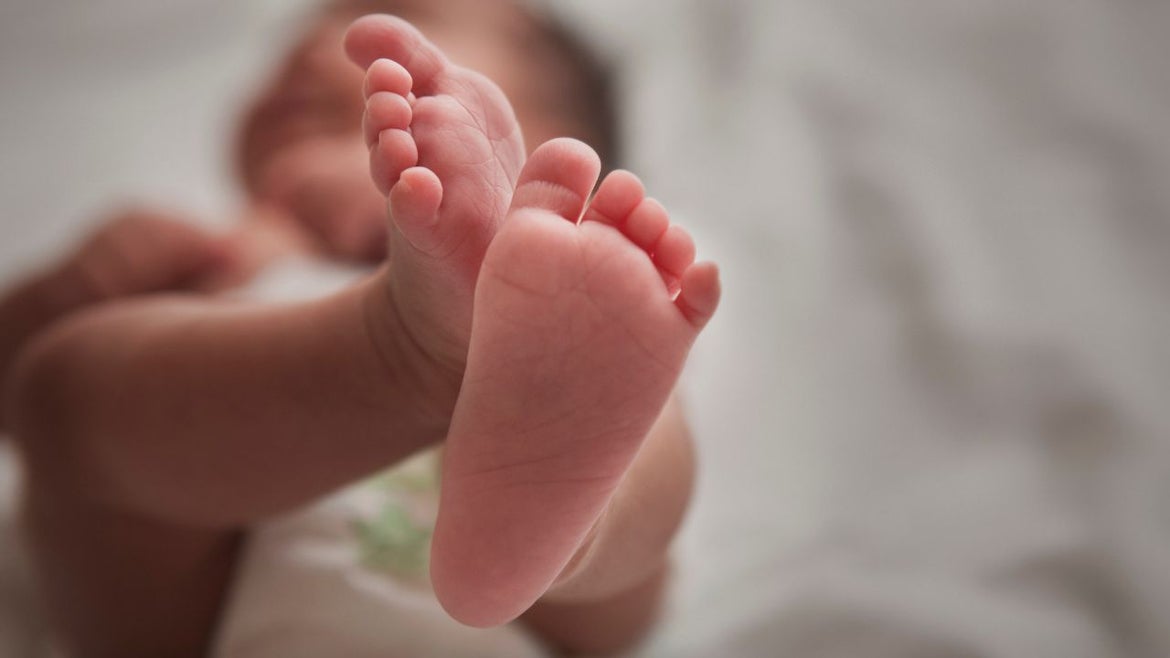Researchers at the University of Tokyo have revealed that the seemingly random movements of babies do actually have a purpose.
Researchers have discovered the reason why babies randomly kick, wiggle and just can’t seem to stay still—even in utero.
Research being done at the University of Tokyo has revealed that the seemingly random movements of babies while in the womb do actually have a purpose when it comes to their development.
From the information gathered in the study, researchers believe that the spontaneous movements, coined “sensorimotor wandering,” actually serve as a way to help the young ones develop their sensorimotor system, which will allow them to control their muscles, movement and coordination.
While studies trying to find the reasoning behind the random movements have been conducted in the past, breakthrough research took a different route to find the answers.
“Previous research into sensorimotor development has focused on kinematic properties, muscle activities which cause movement in a joint or a part of the body,” Hoshinori Kanazawa, the lead researcher said, according to a press release. “However, our study focused on muscle activity and sensory input signals for the whole body.”
“By combining a musculoskeletal model and neuroscientific method, we found that spontaneous movements, which seem to have no explicit task or purpose, contribute to coordinated sensorimotor development,” Kanazawa said in the press release.
Their research has also found that the common assumption that repetition helps develop ones sensorimotor system may not be the only way to go.
“Our results implied that infants develop their own sensorimotor system based on explorational behavior or curiosity, so they are not just repeating the same action but a variety of actions,” Kanazawa said in the press release.
The research into how and why babies do the things they do is limited, but this information will help inform future studies. Kanawaza now has the stepping stones and hopes to look further into how sensorimotor wandering can impact development later in life, such as walking, reaching, and higher cognitive functions, the press release reported.






